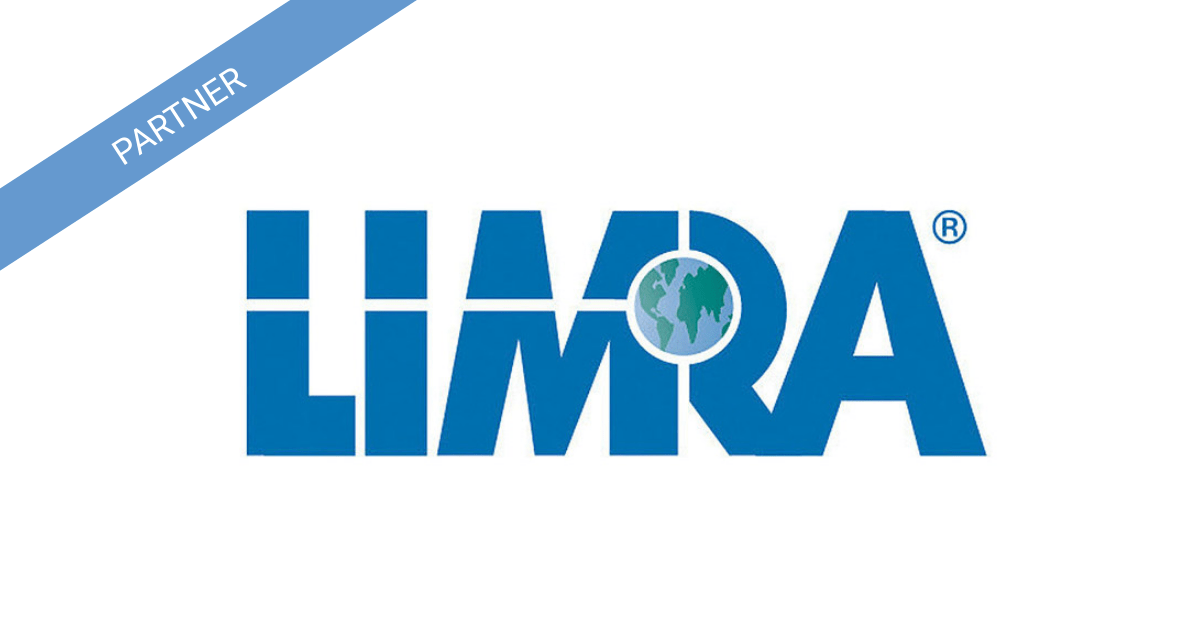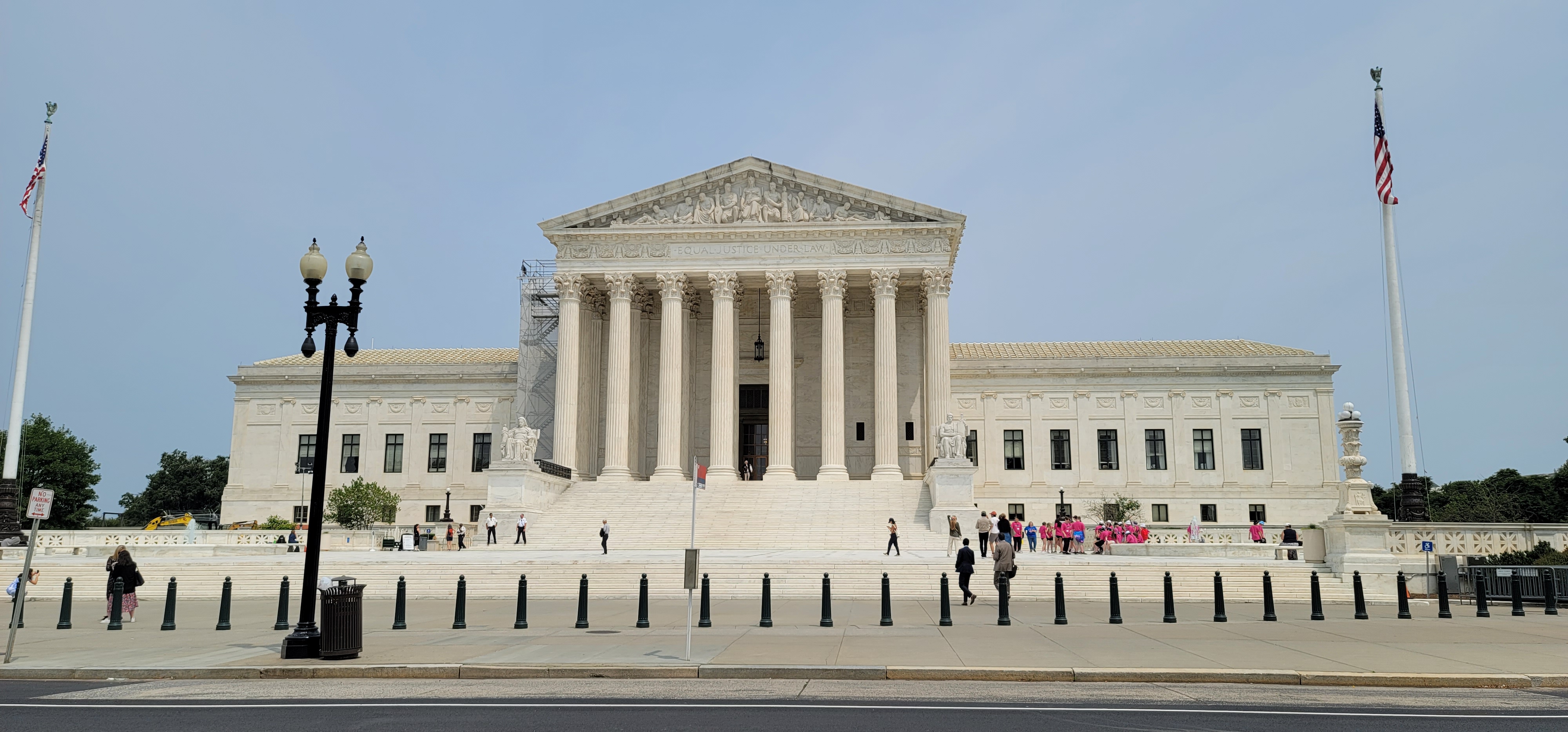A coalition of business groups has filed a lawsuit seeking to overturn the Department of Labor’s (DOL’s) new and now-final white-collar exemption to Fair Labor Standards Act (FLSA) overtime (OT) rules. A court ruling on the lawsuit could result in a delay in the July 1 effective date of the new rule.
The new final OT rule – which applies to professional, executive, and administrative personnel – would raise the salary threshold below which the exemption does not apply. The new final rule takes the salary threshold from $35,568/year ($684/week) to $43,888/year ($844/week) annualized for 2024, and then to $58,656/year ($1,128/week) as of January 1, 2025.
Significantly, the regulation also provides for an automatic adjustment of the salary threshold, starting on July 1, 2027, every three years. The regulation also boosts the salary threshold applicable to highly compensated employees covered by the white-collar exemption to the OT rules.
The lawsuit, filed on May 22, argues that DOL does not have the statutory authority to raise the salary threshold by such a large amount, if at all. It also claims that DOL does not have the authority to provide for an automatic adjustment of the salary level every three years. And it alleges that this rule is precluded by the court’s overturning of the previous (2016) OT rule. Generally, when a court overturns an agency’s rule, a substantially similar rule cannot replace it.
“The Department’s 2024 Overtime Rule largely repeats the errors of the 2016 Rule and fails to address the flaws previously identified by this court,” the lawsuit says.
Prospects: It is impossible to predict what any court will rule, but this court (federal district court, eastern district of Texas) has been willing in the past in similar circumstances to stay a final regulation’s effective date pending a decision on the merits of the lawsuit. Plus, the U.S. Supreme Court (SCOTUS) is expected to rule by the end of June on a challenge to current rules (the Chevron doctrine) that give “immense deference” to an agency’s reasoning in a rulemaking procedure. If Chevron is overturned or materially narrowed, that may well mean the Texas courts (district and appellate) would be willing to disagree with DOL’s reasoning on raising the salary threshold (and automatically adjusting it) and overturn the rule on its merits. It also means chances are decent for a stay of the July 1 effective date. That could come, if it happens, at the last minute, given the likely end-of-June timing of the SCOTUS Chevron decision,
NAIFA Staff Contacts: Jayne Fitzgerald – Director – Government Relations, at jfitzgerald@naifa.org; or Michael Hedge – Senior Director – at mhedge@naifa.org.






.png?width=600&height=90&name=Support%20IFAPAC%20%20(600%20%C3%97%2090%20px).png)
